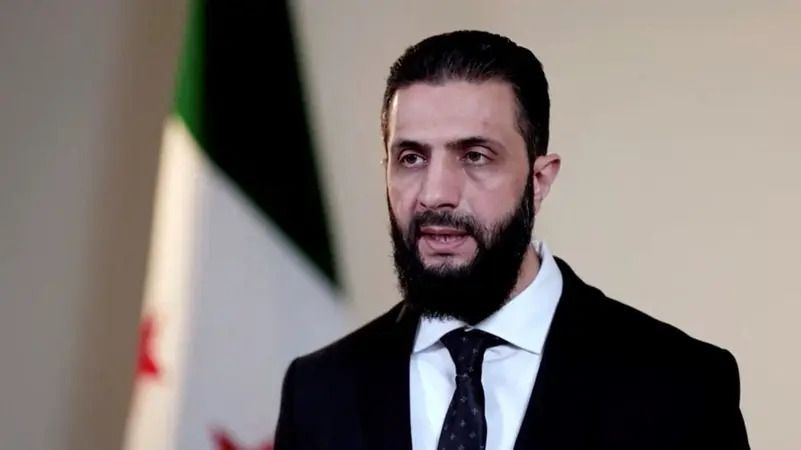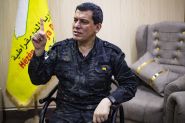- Home
- Middle East
- Syria’s Economy Reportedly Rebuilt in Shadows by President’s Brother

Syrian President Ahmad al-Sharaa is said to be planning diplomatic and economic actions in response to tensions with Lebanon. ©Al-Markazia
A Reuters investigation uncovered a covert campaign to restructure Syria’s shattered economy, led by the new president’s brother, Hazem al-Sharaa, and an Australian of Lebanese descent, Abraham Succarieh, who is under international sanctions for alleged terrorism financing.
Operating through an unannounced “shadow committee,” the pair has negotiated takeovers of former Assad-era assets worth over $1.6 billion, including control of the country’s top telecoms firm and major holdings from the economic empire once tied to the Assad palace, according to Reuters. Rather than prosecuting Assad-linked tycoons, the committee has struck deals trading amnesty for business assets and cash, reports the agency.
Succarieh, known as Abu Mariam, now holds substantial influence despite being sanctioned by Australia and linked to extremist networks. Another central figure, Mustafa Qadid, “Abu Abdelrahman,” is said to be running Syria’s finances from within the Central Bank in a setup reminiscent of Assad’s old economic model, Reuters added.
While the leadership promises reform, critics warn the opaque process is replacing one autocracy with another.
Western diplomats have expressed concern that the committee’s informal authority and the involvement of shadowy figures could undermine Syria’s efforts to rejoin the global economy.
Deals with sanctioned businessmen such as Samer Foz and Mohammed Hamsho have fueled public resentment, with protests erupting in Damascus amid calls for justice, not quiet settlements. Yet investors are circling: Saudi Arabia led a delegation to Damascus this week, eyeing billions in reconstruction projects.
Read more



Comments